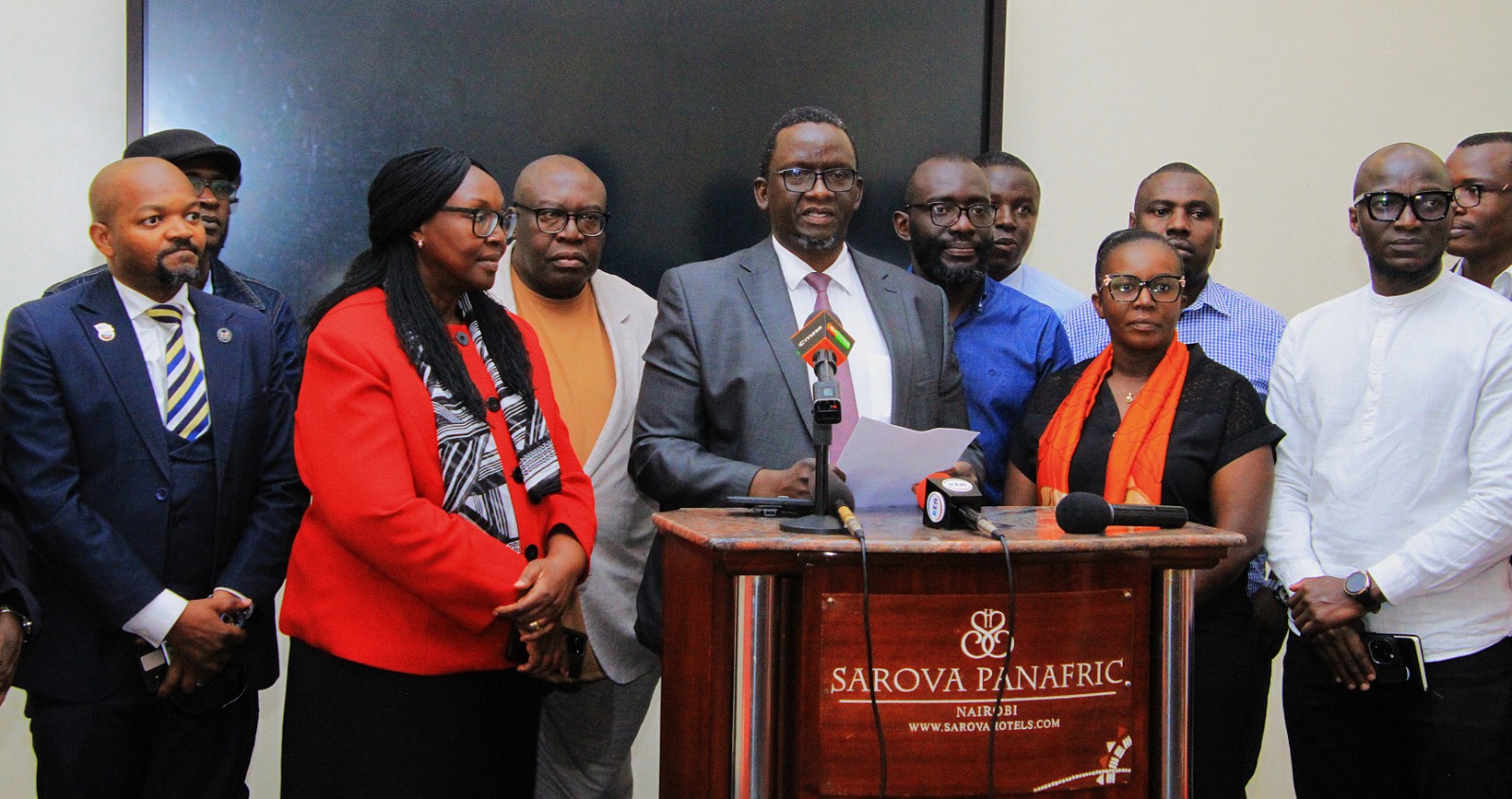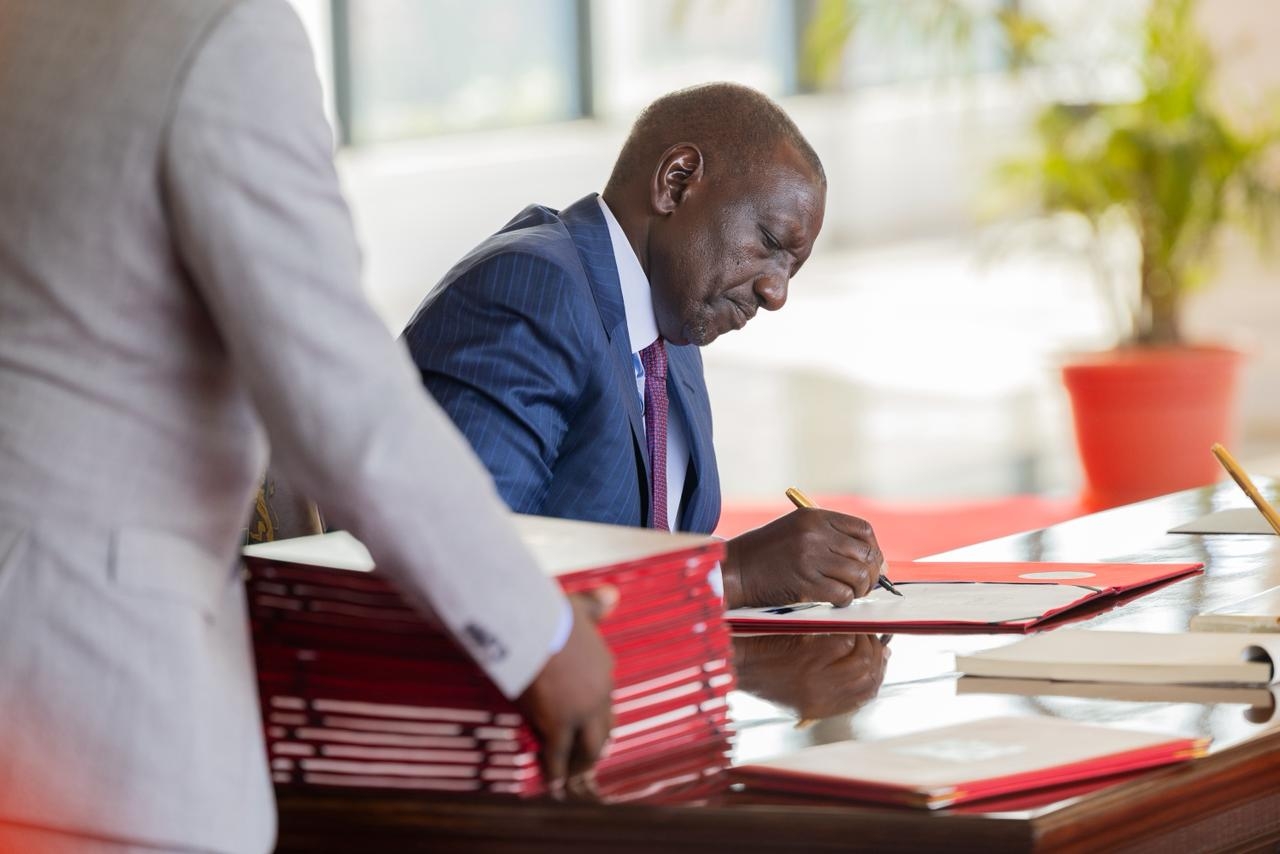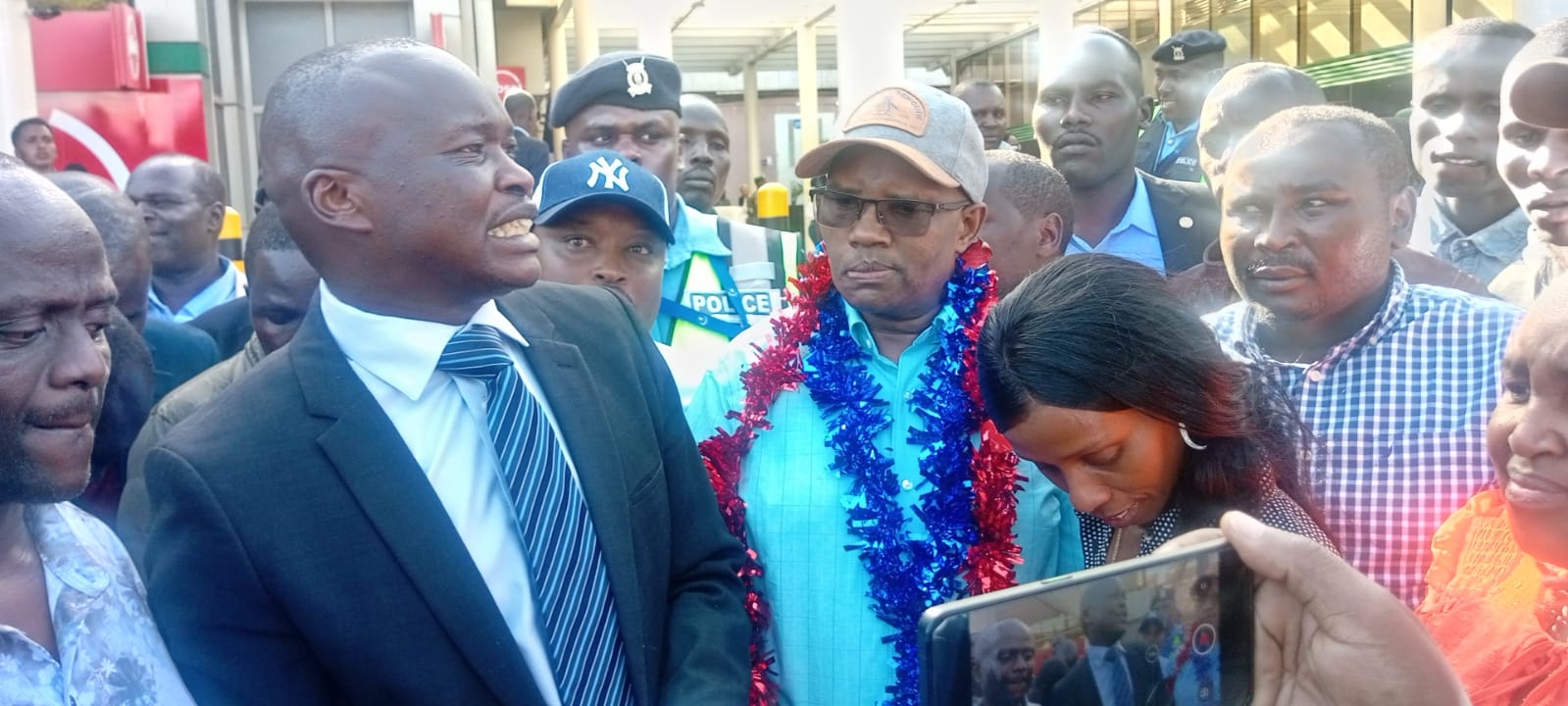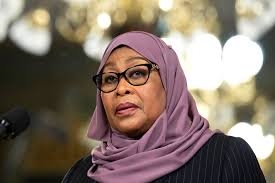The national government is working towards strengthening the maritime education and training in the country, Shipping and Maritime Affairs PS Geoffrey Kaituko has said.
While officially opening the Mount Kenya University Maritime Academy at their Malindi campus, the PS said the sector has limitless opportunities.
He said the maritime sector has about 18 sub-sectors and the demand for qualified professionals is high.
However, for more Kenyans to get employment in the sector, the country must invest in quality training.
This is in shipping, logistics, port management, marine engineering, nautical science, offshore resource exploration and marine conservation.
“The maritime industry is evolving and with the evolution comes the need for innovation and research. This academy, the Mount Kenya University Maritime Academy, must not only focus on producing competent seafarers, but also become a centre for research and development in maritime technologies, port management systems, marine sustainability practices and ocean resource management,” the PS said.
He said Kenya is strategically positioned on the East African coast with the opportunity to create global shipping routes.
“This coupled with the new economic strategy the government is implementing, offers incredible opportunities for growth and employment," he said.
"Through initiatives such as marine tourism, fisheries development and culture-based energy resources, Kenya is poised to be a leader in the sustainable exploration of ocean resources,” the PS said.
Kaituko said the world is now in digital technologies such as artificial intelligence, automation and blockchain that are revolutionising global shipping and logistics.
“Kenya must not be left behind. I challenge the MKU Maritime Academy to become a hub for maritime research and innovation,” he said.
The PS said the knowledge and skills gained at the maritime academy will help guide Kenya's future while ensuring the ocean resources are environmentally sustainable.
He said the government is actively engaging the private sector to invest in maritime industries.
Kaituko said the development of shipbuilding and repair facilities, the modernisation of port infrastructure and the establishment of logistics hubs, are all set aside for private sector participation.
“I encourage Kenyans and investors to explore these opportunities which can lead to significant jobs creation and economic diversification,” he said.
The MKU academy received its accreditation certificate Thursday to offer maritime studies and the standards of training certification and watchkeeping.
The event coincided with the World Maritime Day.
The MKU Maritime Academy stands out as the first non-government-sponsored maritime institution in Kenya.
The academy’s training programmes are designed to support Kenya’s blue economy, a government priority aimed at maximising the sustainable use of ocean resources for economic growth, improved livelihoods and job creation.
The courses are tailored to meet global maritime standards, focusing on areas such as maritime safety, marine engineering, port management, and oceanography.
MKU Vice Chancellor Deogratius Jaganyi said through the Malindi Maritime Academy, MKU will provide training that meets international standards.
“Through our STCW training, we will contribute significantly to improving maritime safety standards and ensure our graduates uphold the highest level of competence,” he said.
At MKU, he said, they are committed to developing professionals who are versatile and well-rounded and will contribute to the growth and development of Kenya's maritime sector.
















